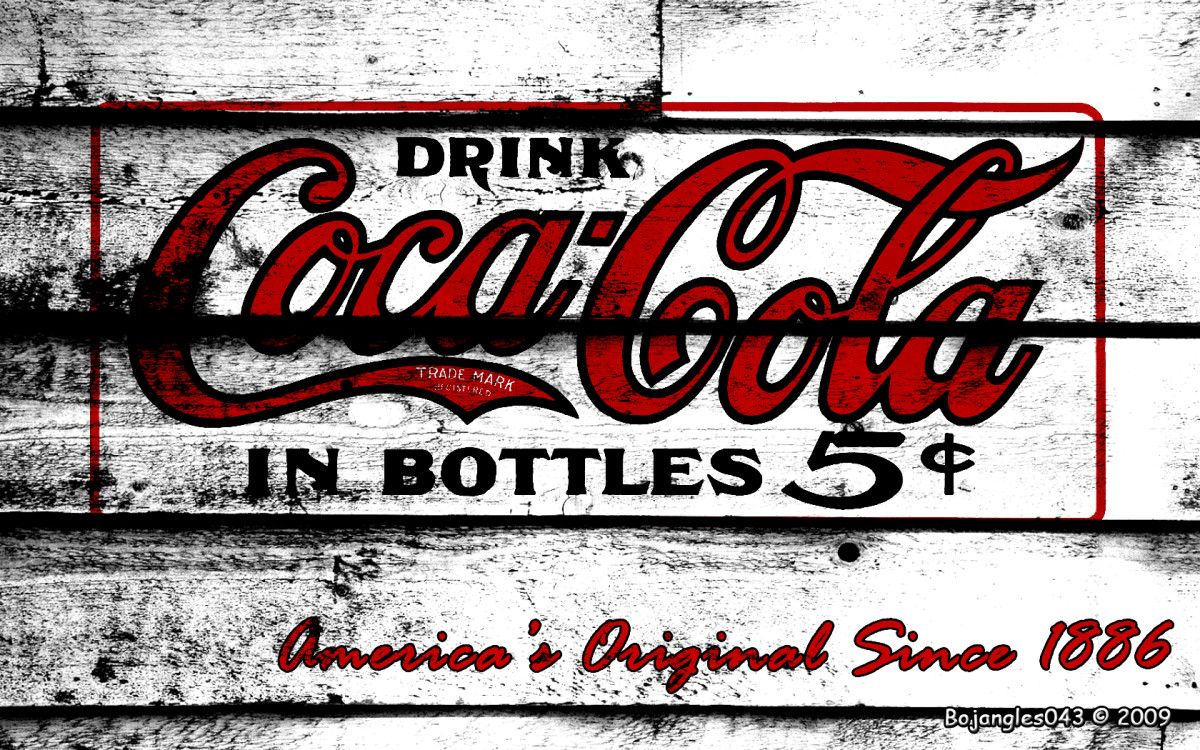The unintended consequence of a headache cure invented one of the most popular products in the world
Coca Cola is the most famous soft drink in existence and has penetrated almost every corner of the globe. Many do not know that Coca-Cola started as an unintended consequence when someone was attempting to invent a headache cure. Back in the 1880s John Pemberton, a struggling pharmacist, was attempt

Coca Cola is the most famous soft drink in existence and has penetrated almost every corner of the globe. Many do not know that Coca-Cola started as an unintended consequence when someone was attempting to invent a headache cure.
Back in the 1880s John Pemberton, a struggling pharmacist, was attempting to create a medicine that would relieve pain and tension headaches. He mixed together with a variety of ingredients that included coca leaves (the source of cocaine) and kola nuts (which contain caffeine). This mixture became known as “Pemberton's French Wine Coca.” Hence the first coke drink was invented.
Ignore the common assumption that accidents are failures.
Phil McKinney
Though Pemberton sold the product at the soda fountain attached to his drugstore. He made claims that coca cola would cure a variety of diseases, a dubious proposition. His claims were buttressed by the belief at the time that carbonated water was good for health.
A man named Asa Candler, through means that could be considered dodgy, took control of the product shortly after Pemberton’s sudden death two years after the drink was first created. His total investment outlay was just $2,300.
Candler continued to market coca-cola as a drug, claiming that the product, coca cola headache remedy, also helped with fatigue. He also expanded its claims as a medicine by answering yes to the common question, does coca cola help migraines?
However, in order to pay for the Spanish American War, Congress passed a tax on all medicines. After a lengthy court battle, Chandler managed to get his drink reclassified as a simple beverage.
Over a century and quite a bit of growth later, the exact formula for coca-cola is still a closely guarded secret, treated by the company like the government treats nuclear launch codes. It is likely a little more sophisticated than the carbonated drink that John Pemberton first sold almost 130 years ago.
The lesson learned? The obvious assumption is that accidents are failures. Look beyond the obvious and pivot your idea. It is the unnatural next step when an accident presents a new opportunity.
So, does coca-cola help with headaches?
There is no scientific evidence to support that claim, but it is the most popular soft drink in the world. Anecdotally, many people claim it helps with headaches.
If you have ever had a headache, you know how debilitating it can be. There are a variety of causes and treatments for headaches, but sometimes the cure is worse than the disease. In the case of Coca-Cola, the soft drink was invented as a cure for headaches, but it is now known to cause them.




